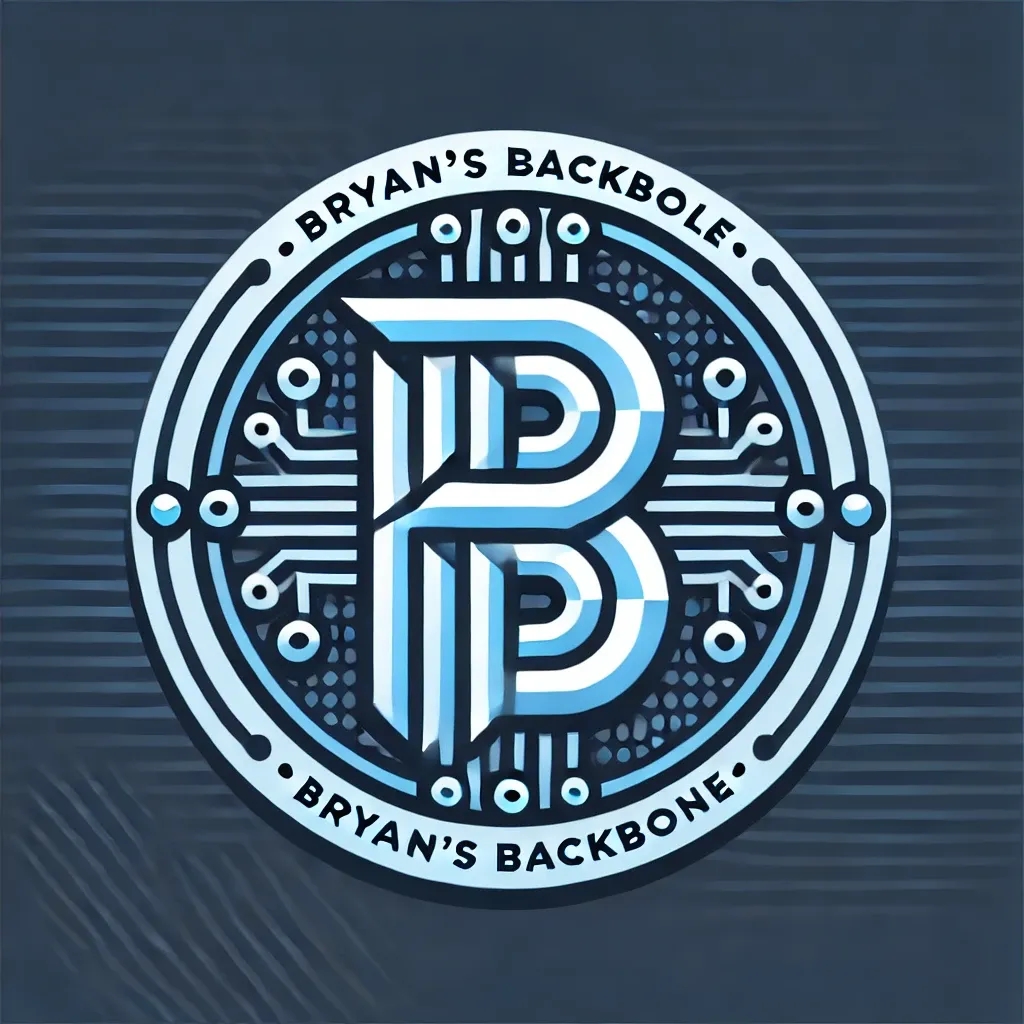Leadership Without Understanding Is Just Administration
Real leadership isn’t about titles—it’s about staying close enough to the work to earn trust, communicate clearly, and serve with purpose.

🛠️ Hard-earned wisdom from years in technical operations and leadership support roles.
After many years in the workforce—most of it spent supporting infrastructure, operations, and teams—I’ve worked with all kinds of leaders. Some elevated the team. Others got in the way.
Now, let me say this upfront:
🎯 It’s easy to talk about leadership when you’re not the one in the hot seat.
It’s even easier to critique it from the outside—when you’re not the one carrying the pressure, the decisions, or the consequences.
But this isn’t coming from the outside.
This is coming from years in the field—watching what works, what fails, and what quietly breaks a team over time.
So if you’re stepping into leadership, already there, or aiming for it, here’s what I believe separates effective leadership from performative management.
⚙️ 1. You Can’t Lead What You Don’t Try to Understand
I’m not saying leaders need to be experts in every line of code, every network protocol, or every tool on the screen. You don’t need to be the most technical person in the room. But real leaders take time to understand the fundamentals of their team’s work—not to do the job, but to support it properly.
When they don’t:
- 🚫 Advocacy falls flat.
- 🚨 Burnout and risks go unnoticed.
- 👎 Respect erodes fast.
This isn’t about mastery. It’s about effort. Understanding what your people actually do gives you context, credibility, and connection—three things every real leader needs.
- They can’t advocate for the team. You don’t know what’s hard, what’s tedious, or what’s on fire—so how can you speak on our behalf in the room where decisions are made?
- They miss early signs of burnout or failure.I’ve watched good engineers silently struggle under clueless leadership until they burned out or walked away. Why? Because no one knew what “normal” looked like in their world.
- They lose respect. Teams will tolerate a leader who isn’t technical. But they won’t respect one who doesn’t even try to understand the mission.
🧵 2. Don’t Become a Puppet for Pressure
“Can you get this done by Friday? I’m not sure what it is, but leadership wants it.”
I’ve lived this. It’s frustrating and demoralizing.
When leaders relay vague or impossible demands without context, they become mouthpieces, not protectors. Strong leaders push back when needed. They get clarity before handing off chaos.
A team doesn’t need a messenger.
They need a filter.
🛡️ They need someone willing to stand in the gap.
📊 4. Metrics Are Tools—Not the Full Picture
Yes, KPIs matter. So do uptime percentages and dashboards.
But you can’t lead a team from a spreadsheet.
Too often, leaders chase vanity metrics—numbers that look good on paper but mean nothing on the ground.
- "Tickets closed" doesn’t mean issues solved.
- "Uptime" doesn’t mean stability.
- "Velocity" doesn’t mean quality.
🚫 Vanity metrics impress execs. They don’t protect your team.
📉 They create pressure to look productive—not to be effective.
You don’t see:
- 🧠 Burnout
- 🧱 Bottlenecks
- 💡 Innovation
…in a pie chart.
Data is a tool, not a compass.
Data supports leadership—it doesn’t replace it. Metrics might tell you what’s happening, but they’ll never tell you why. Don’t let performance metrics blind you to the reality your team is living day to day. Real leadership means knowing when the numbers are lying to you—and trusting your people over the report.
✏️ 5. Good Leaders Step In—Not Just Up
The leaders I’ve respected the most weren’t the loudest or the flashiest. They were the ones who listened. Who asked questions. Who joined a war room, not to direct, but to understand. Who made it their business to know what success (and failure) looks like for the people they lead.
They showed up. And because of that, people showed up for them.
Leadership Means Earning Your Place, Not Just Being Assigned a Title
Let me be clear: if your approach to leadership is purely about managing headcount, approving timecards, and pushing reports upstream—then don’t call it leadership. Call it administration.
Because leadership requires context. Presence. Engagement.
And no amount of “people skills” can replace the respect earned by showing that you care enough to learn the terrain your team walks every day.
🧠 Final Thought
After many years in the field, here’s where I stand:
The strongest leaders stay curious, stay close, and stay grounded in the work their teams actually do.
Leadership isn’t about knowing everything.
But if you stop trying to understand?
You stop being useful.
Until next time,
Stay sharp. Stay grounded. Lead with purpose.
☮️ OUT!
— Bryan
Serve God. Serve others. Have fun.

